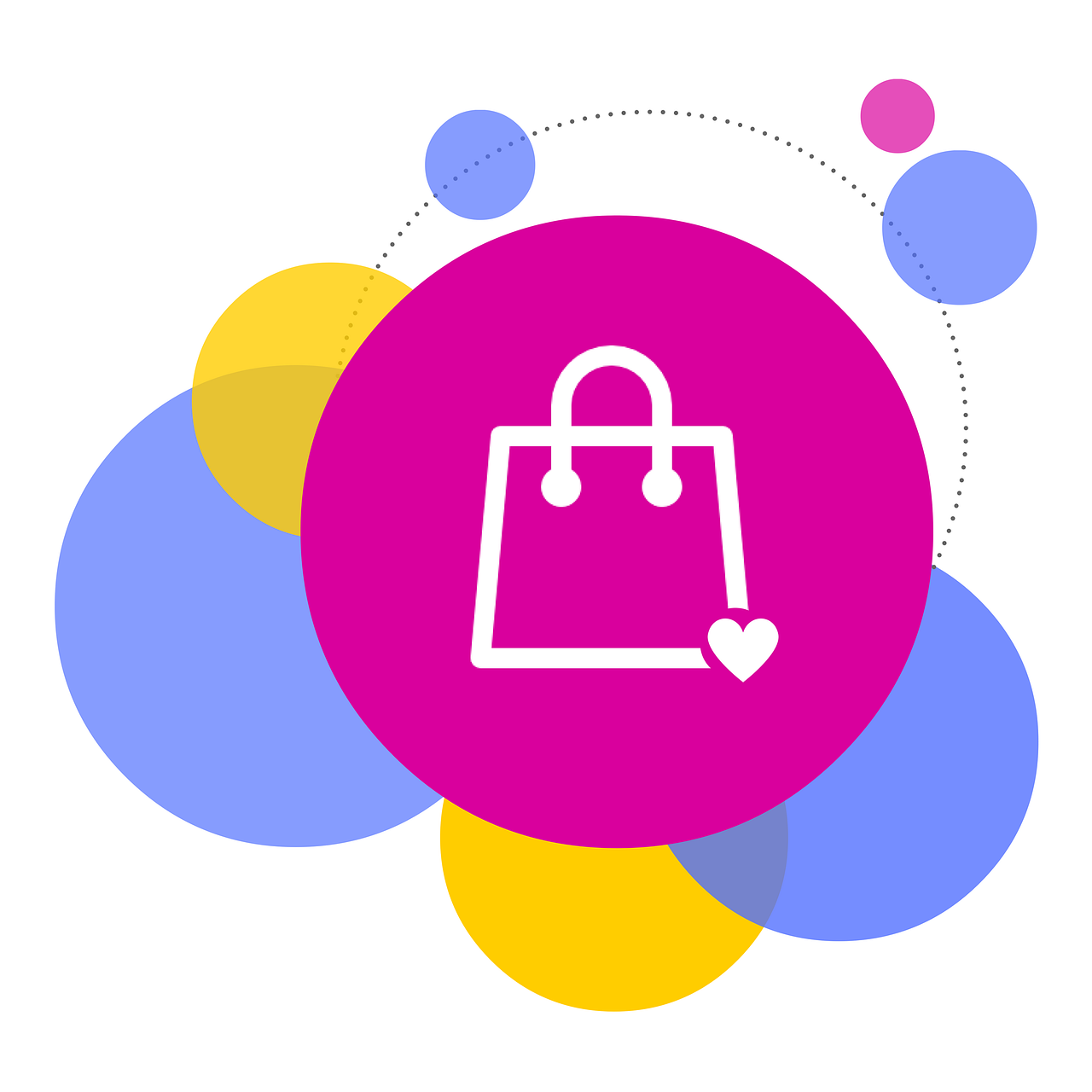In recent years, remote work has undergone a remarkable transformation, evolving from a novelty to a necessity for businesses worldwide. Today, it’s essentially the new normal, shaping the way we work and redefining the boundaries of tradition.
It’s no surprise that this shift has brought positive changes for most employees. In fact, a recent survey reveals that 86% of workers find that remote work contributes to their happiness, while 85% believe it plays a vital role in achieving a healthy work-life balance.
Despite its advantages over a traditional office setup, however, remote work comes with its own set of challenges. So, how do we address them? How do these strategies impact the workplace?
By delving into the heart of these obstacles, we can pave the way for a smoother remote work experience that leaves employees fulfilled, engaged, and healthy. Read on to learn more.
What causes mental stress in remote workers?
There are a number of factors that can contribute to mental health problems in workers, including:
- Social isolation
- Increased distractions
- Juggling multiple responsibilities
- Poor work-life balance
Social isolation
One of the significant hurdles faced by remote workers today is social isolation. Working from the comfort of your home means missing out on face-to-face interactions with colleagues. Most often than not, this can sometimes result in feelings of loneliness, regardless if you’re an extrovert or an introvert.
Increased distractions
When working from home, it’s easy to lose focus and get derailed by distractions. Lack of control over these distractions – big or small – can have a profound effect on one’s productivity and performance, ultimately impacting how we perceive ourselves and triggering feelings of anxiety and stress.
Juggling multiple responsibilities and poor work-life balance
Between childcare or family care, household chores, and their actual job, remote workers often have to juggle multiple responsibilities all at the same time. This can be challenging for those whose jobs have no set working hours because this effectively blurs the lines between personal and professional duties. Unfortunately, an imbalance in work-life dynamics can easily pave the way to burnout and exhaustion.
Four ways to foster a healthy working environment for remote employees:
Many employers might read the above and say, “Then why not just go back to working in an office?” Surely, problems like distraction and social isolation can be addressed by returning to the traditional setup. But for many remote workers, going back to the office is far, far down the list of desirable alternatives.
Studies even show that while many remote workers face feelings of burnout, so do their office-working counterparts, and in larger numbers, too.
It is clear that the way to address the problems of remote workers is to provide solutions that are tailored to hybrid or remote working environments. Here are a few examples:
#1: Promoting social connection and camaraderie among team members
When it comes to remote work, staying connected is vital to combating social isolation. Employers can prioritize the well-being of their remote teams by establishing avenues for connection. Regular virtual team events such as coffee chats, happy hours, and game nights can go a long way in helping colleagues bond, even from a distance.
“Team-building activities don’t have to be a one-time big-time thing that will cost the management a fortune. It can be a simple weekly virtual game night or a quick coffee break bonding over daily meetings. These small doses of interaction go a long way in deepening workplace relationships,” said Tiffany Homan, VP of Content at Writing Tips Institute.
#2: Providing structure and support
Remote work can sometimes blur the boundaries between work and personal life, leading to stress and reduced productivity. But the solution is actually quite simple: provide structure.
It helps when employers are able to state clear expectations regarding work hours and deliverables. This encourages employees to better manage their time, allowing them to draw clear lines between work and personal responsibilities. Access to resources, such as time management tools and productivity apps, can also give employees a further incentive to stay on top of their tasks.
Foster a culture that values work-life balance by encouraging your team to establish clear boundaries between work and personal life. Promote the importance of taking breaks, setting dedicated work hours, and unplugging from work-related tasks during off-hours.
“While most workers probably already know and try to implement this, it helps them enact these practices better when they are reminded by their leaders,” said Khris Steven, Founder & CEO of Khris Digital.
#3: Foster open communication
Establish channels for open and transparent communication between you and your remote working team. Managers should take the initiative to provide avenues for employees to voice their concerns or seek assistance.
“Encourage regular check-ins, virtual team meetings, and one-on-one sessions to maintain a sense of connection. You can’t just assume that all employees are equally vocal and will speak up about their experiences in the workplace, which is why managers have to be proactive about fostering open communication. This is particularly important for remote managers,” quipped Milo Cruz, a remote work manager himself and Chief Marketing Officer at Freelance Writing Jobs.
This open dialogue ensures that your employees feel supported, understood, and empowered to address any challenges they may encounter.
#4: Provide resources for self-care
Research shows that while most employees seek mental health benefits, only a few are aware of their options. It is in your best interests to let your employees know about the company’s mental health benefits, if there are any.
Offer resources and guidance on self-care practices to remote workers. Share tips on stress management, relaxation techniques, and maintaining a healthy lifestyle while working remotely. You can even encourage holistic habits by providing small breaks throughout the day for mindfulness or meditation.
“What these initiatives communicate is that you care about the well-being of your employees and that you are acknowledging their intrinsic value beyond what they can provide for the company,” said Shaun Connell, CEO & CFO of Credit Building Tips.
Additional tips
- Celebrate successes and milestones, both big and small. Whether it’s a virtual shout-out, a team-wide appreciation email, or a small token of recognition, celebrating successes boosts morale and motivates remote workers to keep striving for excellence.
- Be flexible and adaptable. By demonstrating a willingness to accommodate individual needs, you foster a supportive and inclusive work environment, reducing instances of stress and burnout.
As remote work becomes the new normal, it is essential for employers to recognize their significant role in creating a positive and thriving remote work environment. Remember, behind every remote worker is an individual striving to make meaningful contributions. By fostering a warm and inclusive atmosphere, employers not only boost team morale and mental well-being but also cultivate a highly engaged and productive workforce.













